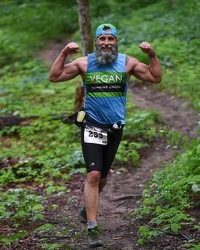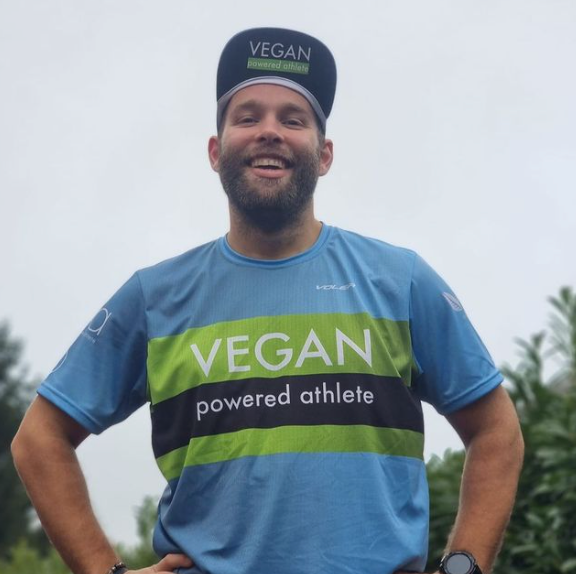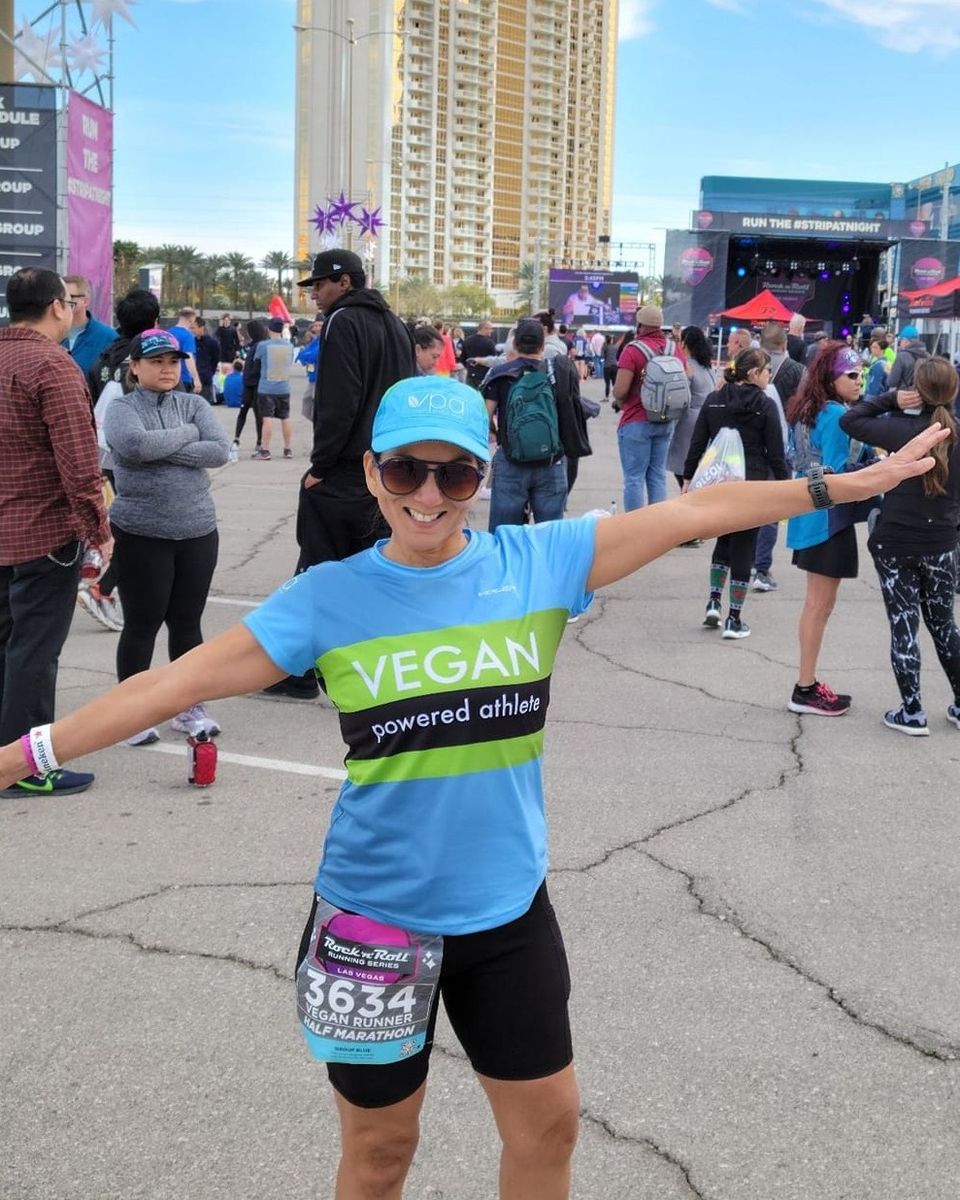
A decade ago, the concept of a vegan athlete was still an unknown one to the general population. But now superstar athletes such as JJ Redick, Venus Williams and Tom Brady swear by plant-based diets, which means the idea of an athlete being vegan is seen as possible and mainstream.
Those who have lived the vegan lifestyle know that vegan athletes are typically healthier than their counterparts who consume animal-based products. Eating red meat, cheese and animal byproducts is synonymous with gaining muscle and being strong in the general culture. But those foods are also unhealthy, having negative short and long-term implications on the body.
An athlete who is undergoing endurance training can gain muscle, improve endurance, boost flexibility and maintain their overall health by remaining on a vegan diet. Here is how.
Consuming Enough Healthy Fats
Plant-based vegan diets are generally high in fiber. It is great for the average person, as fiber helps with the digestive system and keeps one feeling full. It can be an issue for those doing endurance training, as they feel full without getting enough energy for their day’s workout.
To compensate, it is crucial for vegan athletes to get enough healthy fats from plant-based foods. Avocados, nuts, quinoa and seeds are the types of foods that provide healthy, natural protein that can ensure a vegan going through endurance training has more than enough energy for their muscles.
Protein Intake
Almost every study of athletes will say that someone who is going through endurance training must consume more protein than an average individual. Given the typical vegan diet is lower in protein than an average omnivore’s diet, vegan athletes must take care to ensure they are getting the daily dose of protein from a variety of sources.
The good news is that vegan diets offer plenty of options for healthy proteins, with foods such as grains, legumes, nuts, tofu and seeds providing a lot of protein. Foods like soya, quinoa and chia seeds are also important to a vegan endurance athlete’s diet, as they have high protein counts and the essential amino acids needed by the body.
Managing B12 Levels
If there is one micronutrient that can be lacking in a vegan diet, it is vitamin B12. It is not a vitamin that is naturally found in most plant-based foods. But it is so important for a high functioning nervous system, along with the DNA synthesis in the body.
Athletes who want to improve their B12 levels can look to nutritional yeast flakes, plant milks, specific cereals or vegan vitamin B12 supplements to get their required daily intake.
Always Snack
Athletes who are in the midst of intense training can easily burn close to 4000 calories a day. Even maintaining body mass requires eating a lot of calories. Snacking on nuts, seeds and fruits is an excellent way to get those calories without resorting to processed foods that are high in unhealthy fats and sugars.
Shake Away
A great way for a vegan athlete to begin their day is by consuming a healthy fruit and vegetable smoothie. It is an excellent option for getting the full rainbow of fruits and vegetables, without having to sit there and eat them for an hour! Those who are going through a phase of extensive training may even want to add vegan protein powder to their morning shake.
By following these steps, any vegan athlete can ensure they are prepared for months of endurance training and intense competition. Not only is a vegan diet great for weight loss and ethical reasons, but it is also the healthiest way for athletes to build up and maintain their physique.







